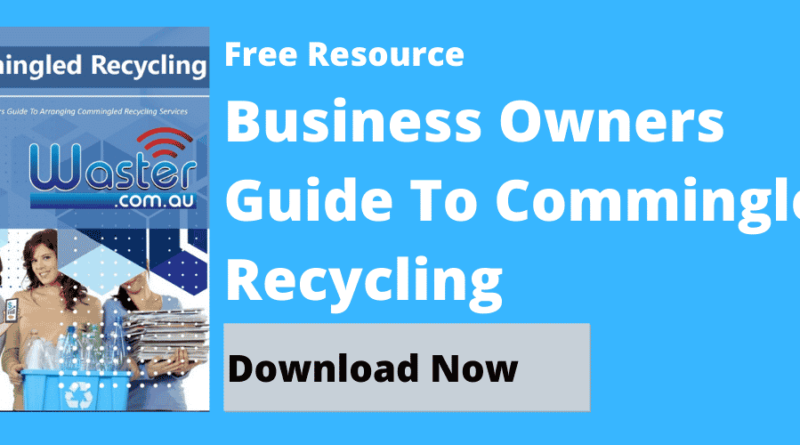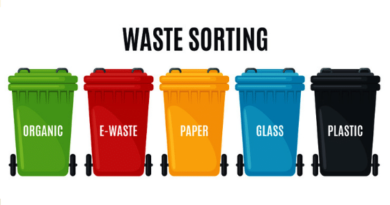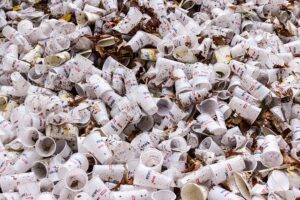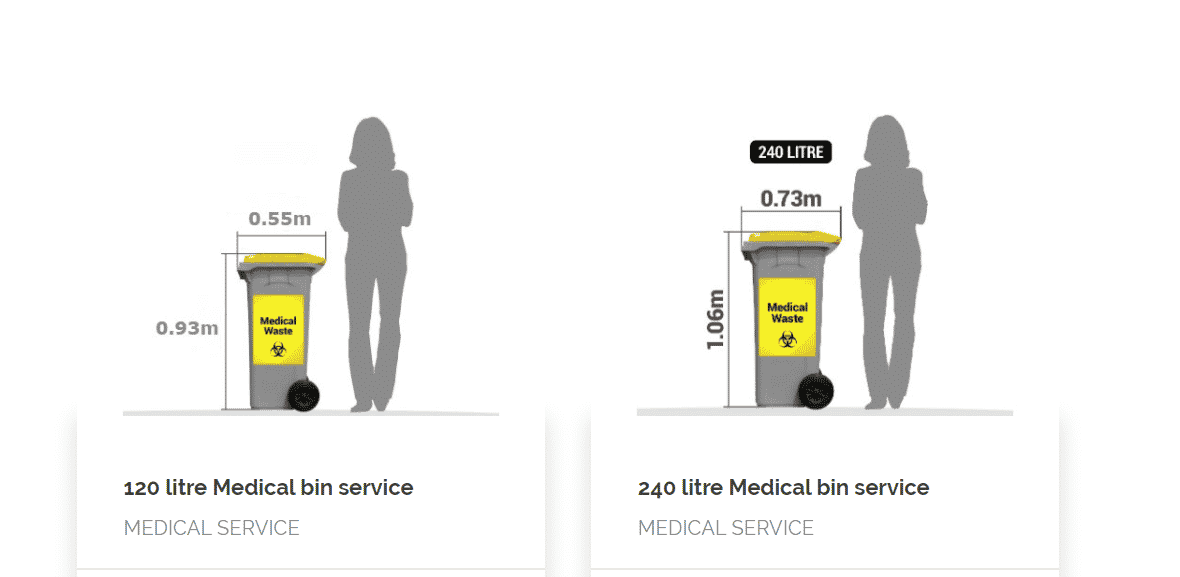Qenos Shut Down Could Happen, According To Rumours 
Energy Disrupter
Qenos Shut Down 
Before we go on and cover the Qenos shut down rumours, we should give you a quick background of who the company is first.
Qenos is a leading Australian manufacturer of polyethylene and other polymers. It’s a subsidiary of China National Bluestar (Group) Co. Ltd, a joint venture between China National Chemical Corporation (ChemChina) and the U.S. based Blackstone Group.
Qenos produces a wide range of polyethylene products used in various industries, including packaging, agriculture, construction, automotive and healthcare.
The company operates manufacturing facilities in Victoria and New South Wales, and it plays a significant role in the Australian plastics and chemicals industry.
Qenos is known for its commitment to innovation and sustainability, continuously working to improve its processes and products whilst making efforts to minimise its environmental impact.
>Download Now: Free PDF Business Owners Guide To Commingled Recycling Bin Services
What is Qenos known for?
Qenos, as mentioned above, specialises in producing polyethylene (PE) and specialty polymers, renowned for their versatility and recyclability. With a focus on innovation, Qenos invests in R&D to develop advanced polyethylene grades with improved properties, like strength and environmental friendliness.
Committed to sustainability, Qenos makes an effort to minimise its environmental impact through efficient resource use, waste reduction and eco-friendly processes. Actively promoting the circular economy, Qenos advances recycling technologies.
Trusted for high-quality products and sustainable practices, Qenos is a preferred partner for industries requiring reliable plastics meeting both performance and environmental standards.
So, now that you have an idea of who Qenos is, let us now continue covering its rumoured shut down.
Everything you need to know about Qenos’s shut down
There are ongoing rumors about the potential shut down of Australia’s largest plastics and chemical manufacturer, Qenos, which could jeopardise 700 manufacturing jobs, supply chains and the nation’s recycling efforts.
The Sydney-and-Melbourne-based company has faced significant financial losses and rising energy expenses in recent years. Specialising in plastic resin products, it ranks among Australia’s leading chemical manufacturers.
Similar to many businesses and households nationwide, Qenos has been grappling with steep increases in gas and energy prices. The company has long expressed worries about the substantial rise in energy costs affecting Australian manufacturers.
Recently, The Australian newspaper reported that China National Chemical, the owner of Qenos, and property developer Logos were in discussions about selling Qenos’ sites in Port Botany and Altona.
Although the deal has not been finalised yet, The Australian suggested that the focus of the deal was on the industrial sites rather than Qenos’ operational activities.
The potential sale could put hundreds of manufacturing jobs at risk, disrupt supply chains and impact Australia’s plastic recycling capabilities.
Aside from the mentioned problems above, here we provide two other potential problems that can come about with the rumoured shut down of Qenos:
- Export Revenue Loss: Qenos exports its products globally, contributing to Australia’s export revenue. The shutdown would result in a loss of export earnings, affecting the country’s trade balance and potentially leading to a decline in competitiveness in international markets.
- Innovation and Research: Qenos invests in research and development to innovate its products and processes continually. The closure would mean a loss of expertise and resources in polymer technology, potentially hindering innovation and technological progress in the Australian manufacturing sector.
According to The Australian, Qenos is one of only two companies in Australia capable of producing the resin needed for manufacturing complex plastic products.
Comments about the shut down rumours of Qenos
Experts from around Australia chimed in on Qenos’s rumoured shut down, according to news.com.au.
Recycling industry expert Helen Millicer told the newspaper that the “loss of Qenos production plants in Sydney and Melbourne would make it almost impossible to establish an end-to-end recycling industry for plastic” in Australia.
The National Plastics Plan 2021 sets out a 70 per cent target of plastic packaging to be recycled by next year.
2GB broadcaster Mark Levy told his audience on Thursday that the flow-on effects from Qenos’ closure could ruin that plan.
“They can forget about it if Qenos shuts,” Levy said.
“In 2022, Qenos launched a feasibility study with Cleanaway to break down 1000 tonnes a year of packaging into its chemical components then back to a resin for future use.
“(That) is the same weight as two Sydney Harbour Bridges, that is a lot of recycled plastic.
“That 100,000 tonnes of plastic will now end up in landfill.”
More on what Levy said
Here’s more on what Levy said about the rumoured shut down of Qenos.
Levy said because of Australia’s high gas and energy prices our biggest plastic manufacture could shut down.
“But we have to be honest about this, it is just not the greenies that are behind high gas prices, it is also the gas companies,” he said.
“Right now, Australia produces almost six times the amount of gas needed to supply our manufacturing industry, power stations and homes.
“But more than 80 per cent of Australia’s gas is exported or used to convert to LNG exports. Why?
“Exporting gas at international prices is more profitable than providing affordable gas to Aussie households and businesses.
“As a result, big gas has been making billions of dollars – and cop this – because the gas supply is so tight in the domestic market, it is common to find that Aussie gas is cheaper in China then it is here at home.”
More information about Waster
Does your Australian-based business need waste and recycling services? If so, then you have come to the right website!
Please call 1300 WASTER (1300 927 837). You can also email us at enquiries@waster.com.au if you have any further questions. Find the best deals in terms of waste and recycling pricing and services!







 – And Why Recycling Contamination Matters
– And Why Recycling Contamination Matters
 – Ban On Single-Use Plastics
– Ban On Single-Use Plastics
 – Skip Hire Services For Your Business
– Skip Hire Services For Your Business



